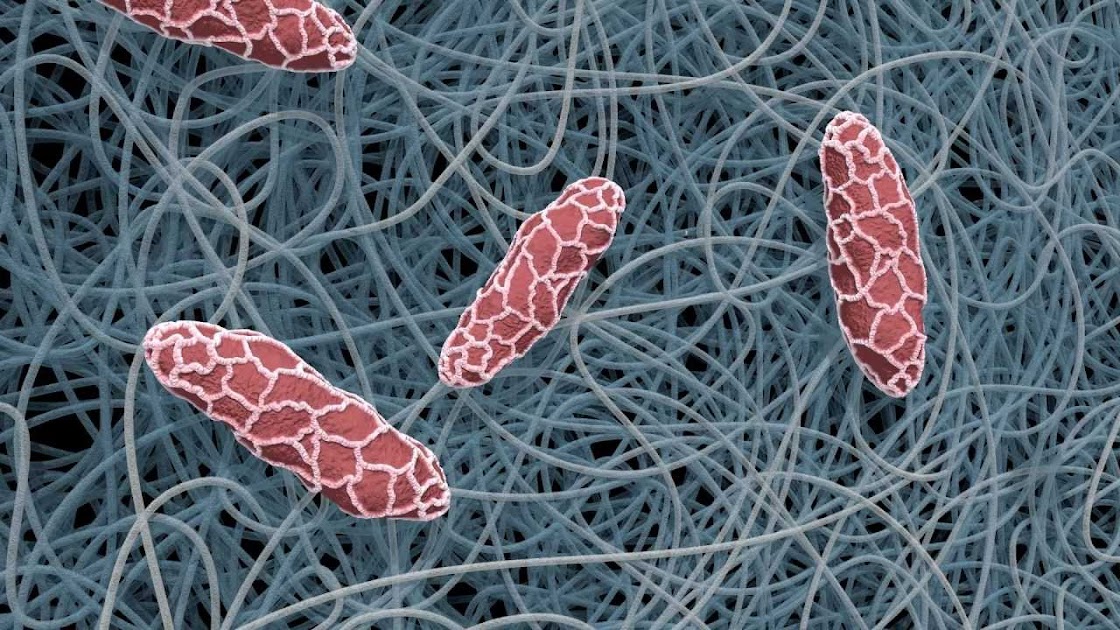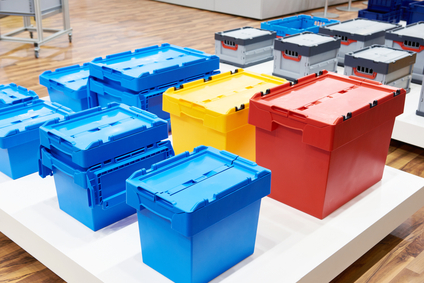Adhesives And Sealant : An Essential Part of Modern Manufacturing
History and Development of Adhesives
Adhesives have been used for thousands of years, with some of the earliest uses dating back to ancient Egypt. However, it was not until the 19th century that modern adhesives and sealant began to take shape. During this time, materials like natural rubber, resins, and oils were used to form some of the first synthetic glues and cements. Major advances continued throughout the late 19th and early 20th centuries as celluloid, polyvinyl acetate, and other polymers were developed. After World War II, the understanding of polymers advanced rapidly which allowed for new formulations like epoxies, acrylics, and urethanes. The 1950s through 1980s saw widespread commercialization and growth in like construction, packaging, woodworking, and automotive. Recently, new bio-based and nano-material adhesives have also emerged.
Key and Applications
Today's global adhesives industry touches nearly every manufacturing sector and accounts for hundreds of billions of dollars in annual sales. Packaging remains one of the largest uses, with pressure sensitive, hot melt, and other types joining cartons, flexible films, and containers. Construction applications include floor and wall tile, roofing, glass installation, and wood composites. Transportation relies on adhesives for vehicle assembly and maintenance as well as boat and aircraft construction. Consumer and handcraft utilize adhesives in product assembly, stationery, art projects, and more. Industrial applications range from metal parts to wind turbine blades. New areas are also emerging around electronics, medical devices, and green technologies.
Formulations and Chemistry
There are several types of Adhesives And Sealant formulations depending on chemistry and application method. Reactive adhesives like epoxies, polyurethanes, and acrylics undergo chemical reactions when cured. Thermoset varieties form permanent bonds while thermoplastics soften when heated. Contact or pressure sensitive adhesives initiate bonding through mechanical means. Natural rubber and resins generate attraction at the molecular level through Van der Waals interactions. Hot melt adhesives utilize heat to become viscous and create bonds upon cooling. Water-based formulations rely on solvent evaporation. Proper selection depends on factors like substrate materials, setting time, temperature tolerance, and strength requirements. Adhesive chemistry continues advancing with new polymers, additives, and production methods.
Get More Insight On - https://www.marketwebjournal.com/adhesives-and-sealants-demand-and-outlook-analysis/
Explore More Related Article On- https://www.quora.com/Is-there-a-material-that-is-stronger-than-steel-and-similar-to-graphene
History and Development of Adhesives
Adhesives have been used for thousands of years, with some of the earliest uses dating back to ancient Egypt. However, it was not until the 19th century that modern adhesives and sealant began to take shape. During this time, materials like natural rubber, resins, and oils were used to form some of the first synthetic glues and cements. Major advances continued throughout the late 19th and early 20th centuries as celluloid, polyvinyl acetate, and other polymers were developed. After World War II, the understanding of polymers advanced rapidly which allowed for new formulations like epoxies, acrylics, and urethanes. The 1950s through 1980s saw widespread commercialization and growth in like construction, packaging, woodworking, and automotive. Recently, new bio-based and nano-material adhesives have also emerged.
Key and Applications
Today's global adhesives industry touches nearly every manufacturing sector and accounts for hundreds of billions of dollars in annual sales. Packaging remains one of the largest uses, with pressure sensitive, hot melt, and other types joining cartons, flexible films, and containers. Construction applications include floor and wall tile, roofing, glass installation, and wood composites. Transportation relies on adhesives for vehicle assembly and maintenance as well as boat and aircraft construction. Consumer and handcraft utilize adhesives in product assembly, stationery, art projects, and more. Industrial applications range from metal parts to wind turbine blades. New areas are also emerging around electronics, medical devices, and green technologies.
Formulations and Chemistry
There are several types of Adhesives And Sealant formulations depending on chemistry and application method. Reactive adhesives like epoxies, polyurethanes, and acrylics undergo chemical reactions when cured. Thermoset varieties form permanent bonds while thermoplastics soften when heated. Contact or pressure sensitive adhesives initiate bonding through mechanical means. Natural rubber and resins generate attraction at the molecular level through Van der Waals interactions. Hot melt adhesives utilize heat to become viscous and create bonds upon cooling. Water-based formulations rely on solvent evaporation. Proper selection depends on factors like substrate materials, setting time, temperature tolerance, and strength requirements. Adhesive chemistry continues advancing with new polymers, additives, and production methods.
Get More Insight On - https://www.marketwebjournal.com/adhesives-and-sealants-demand-and-outlook-analysis/
Explore More Related Article On- https://www.quora.com/Is-there-a-material-that-is-stronger-than-steel-and-similar-to-graphene
Adhesives And Sealant : An Essential Part of Modern Manufacturing
History and Development of Adhesives
Adhesives have been used for thousands of years, with some of the earliest uses dating back to ancient Egypt. However, it was not until the 19th century that modern adhesives and sealant began to take shape. During this time, materials like natural rubber, resins, and oils were used to form some of the first synthetic glues and cements. Major advances continued throughout the late 19th and early 20th centuries as celluloid, polyvinyl acetate, and other polymers were developed. After World War II, the understanding of polymers advanced rapidly which allowed for new formulations like epoxies, acrylics, and urethanes. The 1950s through 1980s saw widespread commercialization and growth in like construction, packaging, woodworking, and automotive. Recently, new bio-based and nano-material adhesives have also emerged.
Key and Applications
Today's global adhesives industry touches nearly every manufacturing sector and accounts for hundreds of billions of dollars in annual sales. Packaging remains one of the largest uses, with pressure sensitive, hot melt, and other types joining cartons, flexible films, and containers. Construction applications include floor and wall tile, roofing, glass installation, and wood composites. Transportation relies on adhesives for vehicle assembly and maintenance as well as boat and aircraft construction. Consumer and handcraft utilize adhesives in product assembly, stationery, art projects, and more. Industrial applications range from metal parts to wind turbine blades. New areas are also emerging around electronics, medical devices, and green technologies.
Formulations and Chemistry
There are several types of Adhesives And Sealant formulations depending on chemistry and application method. Reactive adhesives like epoxies, polyurethanes, and acrylics undergo chemical reactions when cured. Thermoset varieties form permanent bonds while thermoplastics soften when heated. Contact or pressure sensitive adhesives initiate bonding through mechanical means. Natural rubber and resins generate attraction at the molecular level through Van der Waals interactions. Hot melt adhesives utilize heat to become viscous and create bonds upon cooling. Water-based formulations rely on solvent evaporation. Proper selection depends on factors like substrate materials, setting time, temperature tolerance, and strength requirements. Adhesive chemistry continues advancing with new polymers, additives, and production methods.
Get More Insight On - https://www.marketwebjournal.com/adhesives-and-sealants-demand-and-outlook-analysis/
Explore More Related Article On- https://www.quora.com/Is-there-a-material-that-is-stronger-than-steel-and-similar-to-graphene
0 Commentarii
0 Distribuiri
498 Views
0 previzualizare









